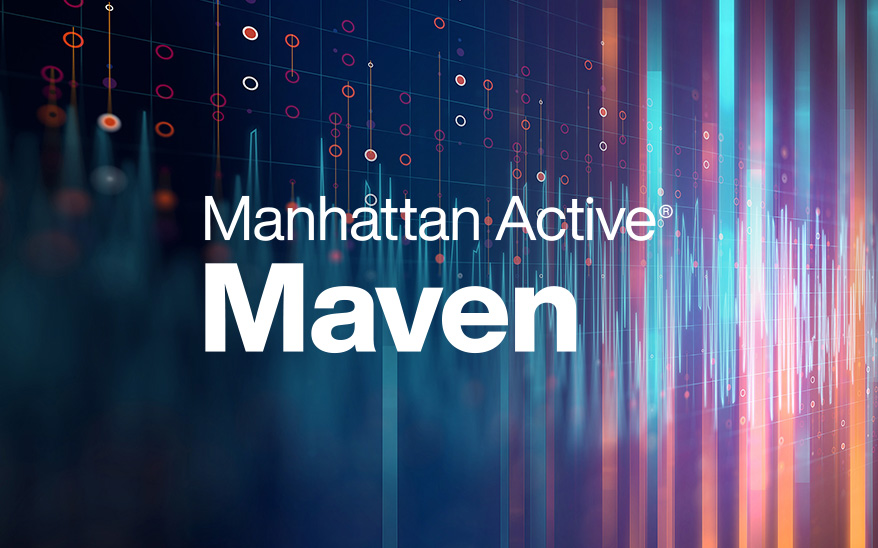AI agents skilled in supply chain commerce
Manhattan Active® Agents work autonomously and expertly with your teams, unlocking extraordinary supply chain commerce productivity and experiences.
AI agents for supply chain commerce
Agents plan and execute work autonomously
Manhattan Active Agents are highly skilled and fully autonomous, harnessing the power to think critically, see and plan intricately, and execute tasks with remarkable efficiency and accuracy.
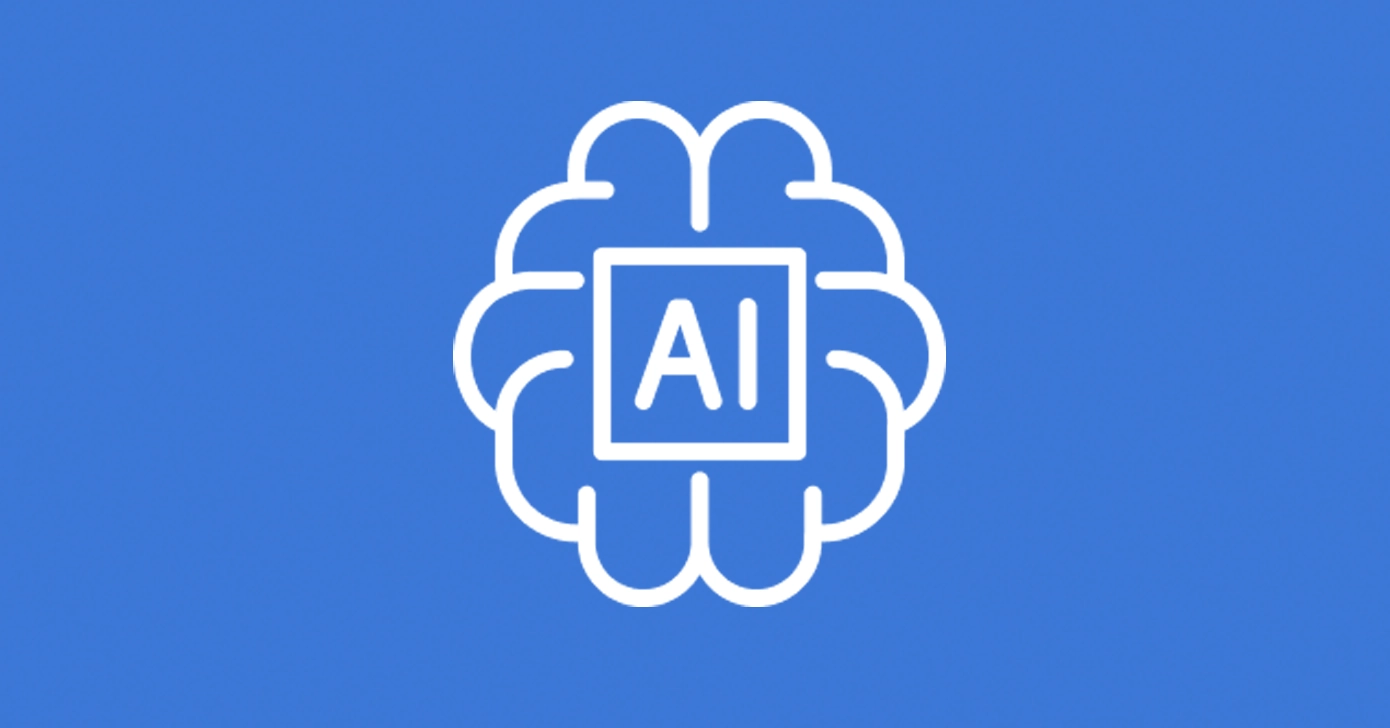
Think
Agents initiate action by analyzing user requests and understanding goals, determining the intent and scope of the problem to solve.

See
Agents uncover valuable insights, assessing current situations, and pose clarifying questions to dynamically plan actionable steps.
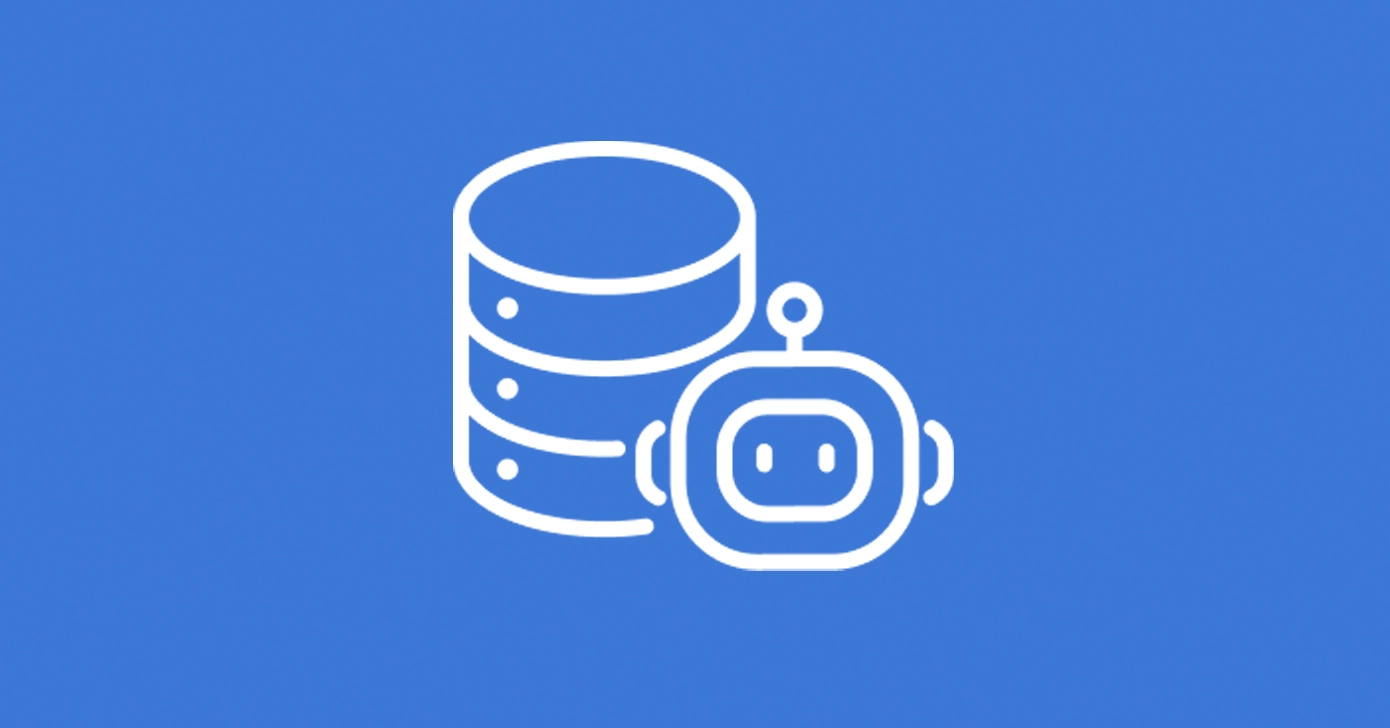
Do
Agents autonomously execute, preforming the actions needed to complete a plan—accessing and manipulating data, controlling processes, and more.
Agents have the skills to manage complexity
Manhattan Active Agents have advanced capabilities to manage complex questions, workflows, and tasks, going beyond typical “edge" use cases of chatbots and query-based agents.
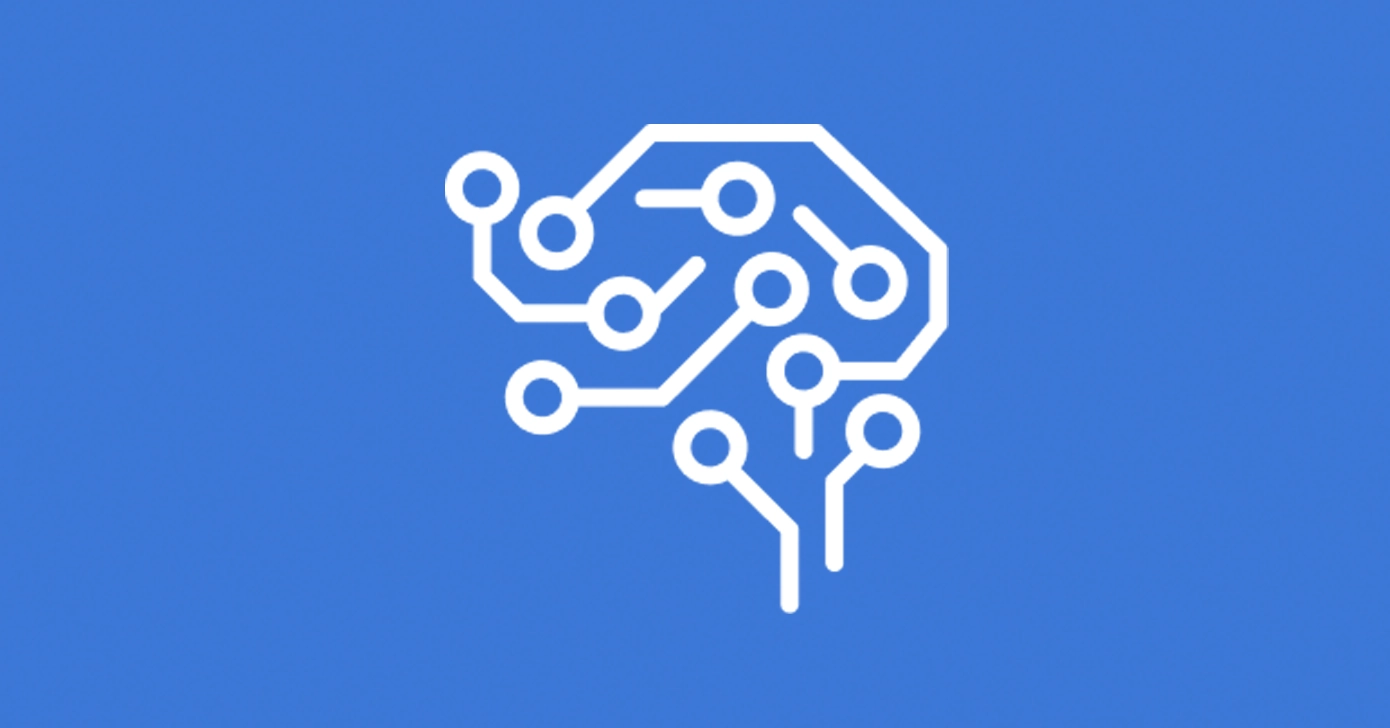
Reasoning
Agents utilize Manhattan Active Platform’s advanced reasoning engine, with sophisticated prompt engineering and leading LLMs, to work expertly and autonomously.
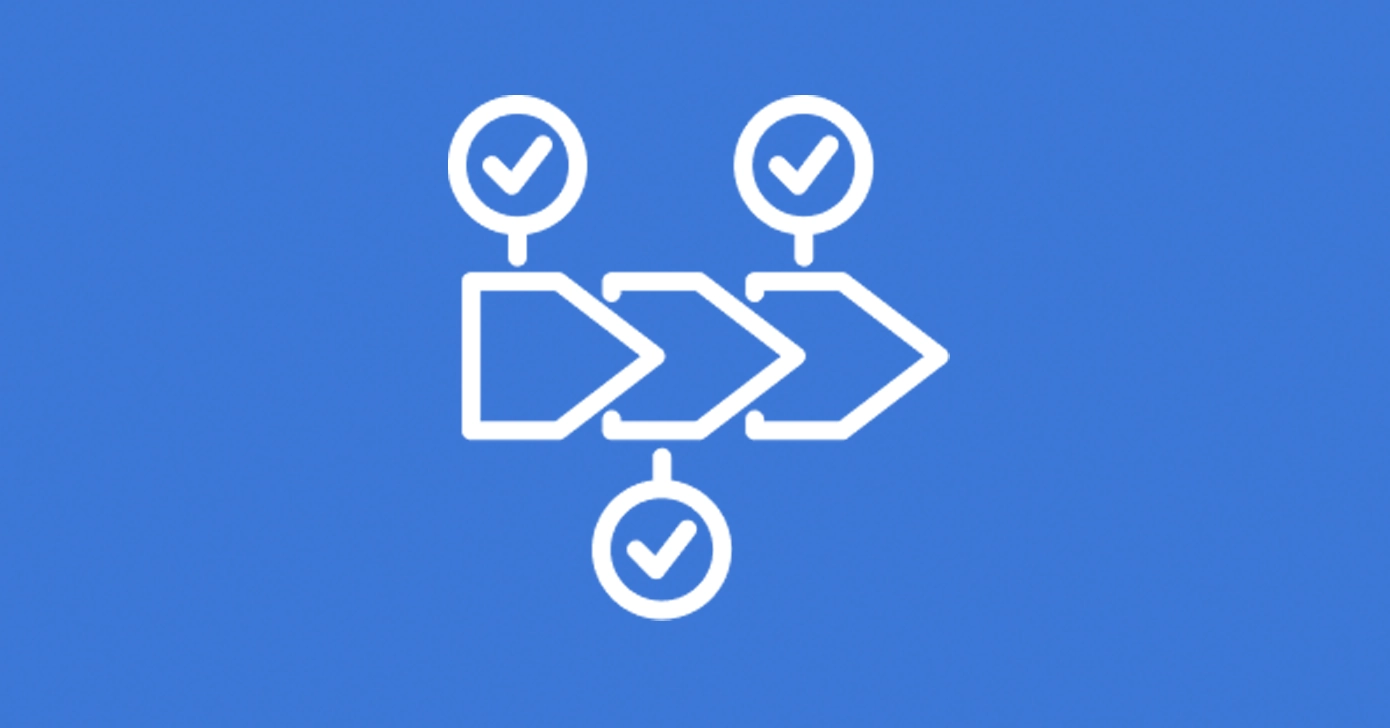
Workflows
Agents use stateful workflows to streamline multi-step processes into seamless automation, using workflow outputs to make decisions.

Tools
Agents leverage powerful tools, like microservices APIs, to access information, manipulate data, or control processes in their work.
Agents work as a unified team to achieve goals
Enabled by agent orchestration and seamless integration, Manhattan Active Agents and external agents can collaborate seamlessly to perform tasks and achieve goals.
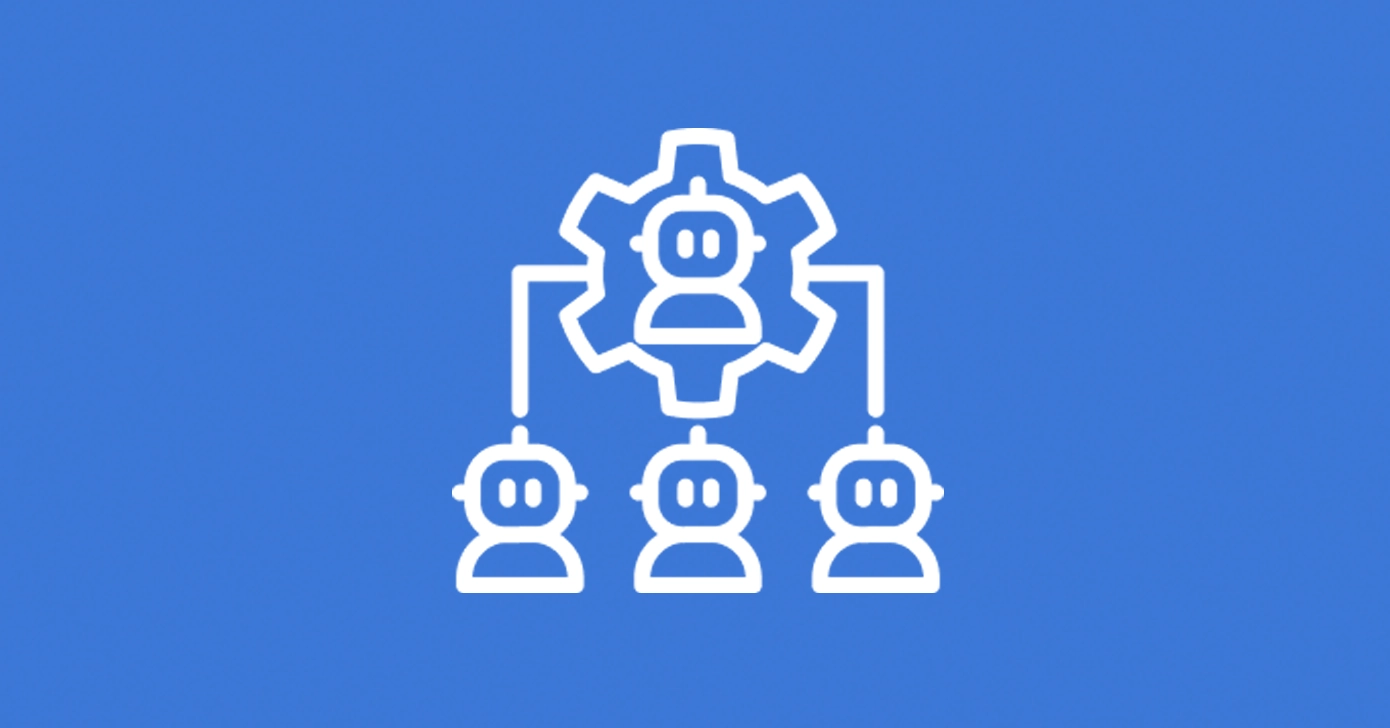
Collaborate
Composable agent orchestration allows multiple agents to collaborate effectively, combining their skills and outputs to accomplish tasks as a cohesive team.
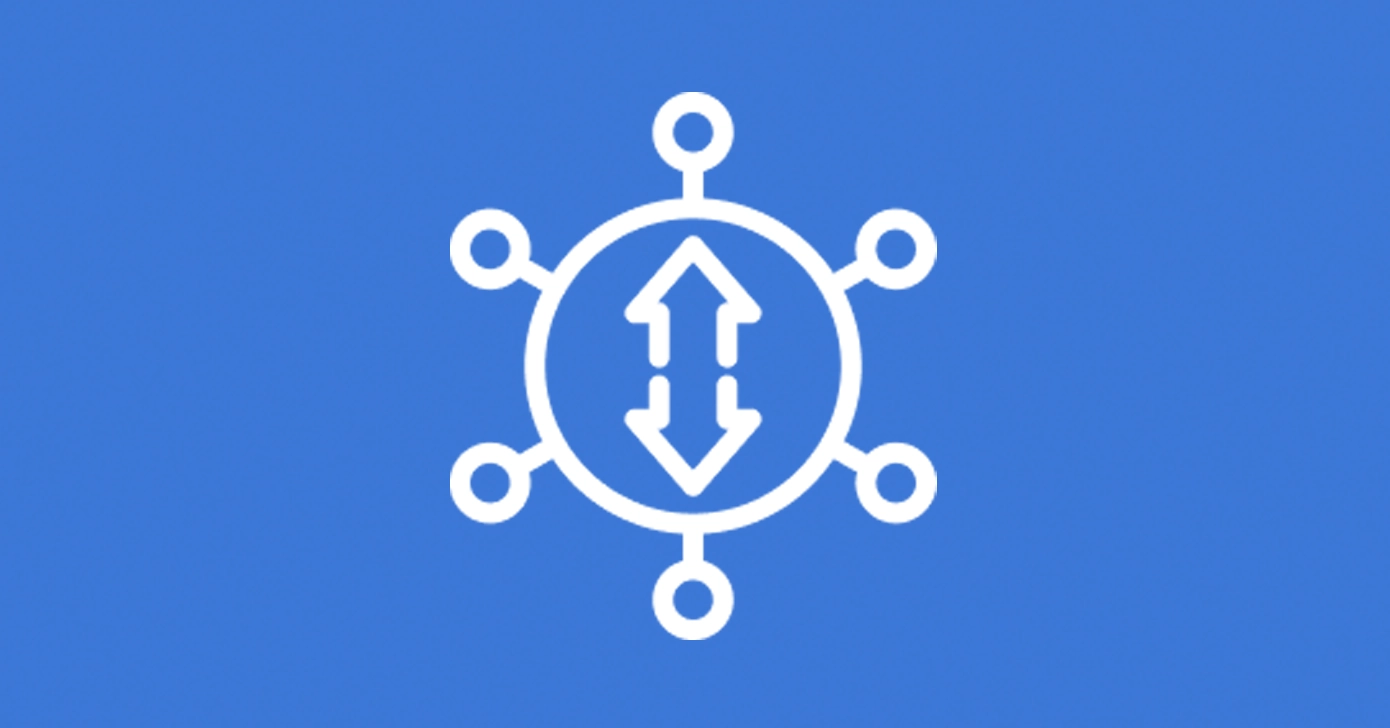
Integrate
Agents can collaborate in a dynamic multi-agent ecosystem to address complex problems by using A2A and MCP protocols for integration with external agents.

Gemini
Manhattan Active Agents are available in Google Agentspace, making it easy and secure to collaborate with a wide array of AI agents from different vendors.
Agents are easy to adopt into your workforce
Quickly add Manhattan Active Agents to your workforce with ready-to-work agents, or easily build your own AI agents using Manhattan Agent Foundry™.

Deploy
Use pre-build agents ready for deployment into your workforce, trained with specialized skills to accomplish tasks across supply chain processes and use cases.

Modify
Rapidly customize agents using template agents and natural language instructions, including selecting which agents should work together to accomplish tasks.
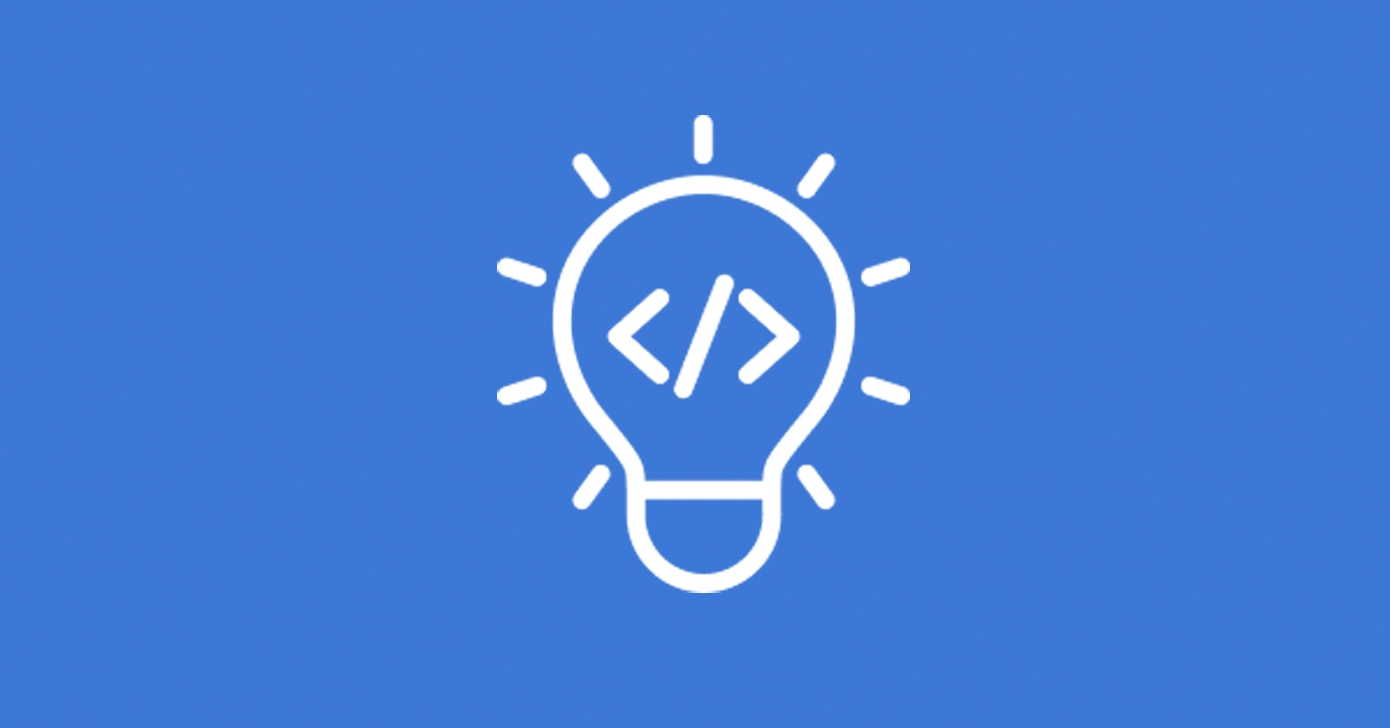
Innovate
Create your own specialized agents using a composable architecture and no-code tools, including fine-grained control over multi-step workflows.
Agents ensure trust performance
Manhattan Active Agents serve as reliable digital members of your workforce, providing capabilities to monitor and secure their work while delivering enterprise-grade performance.

Monitor
Track and analyze agent activities using execution tracing and structured logging. Monitor response times and resource consumption as well.
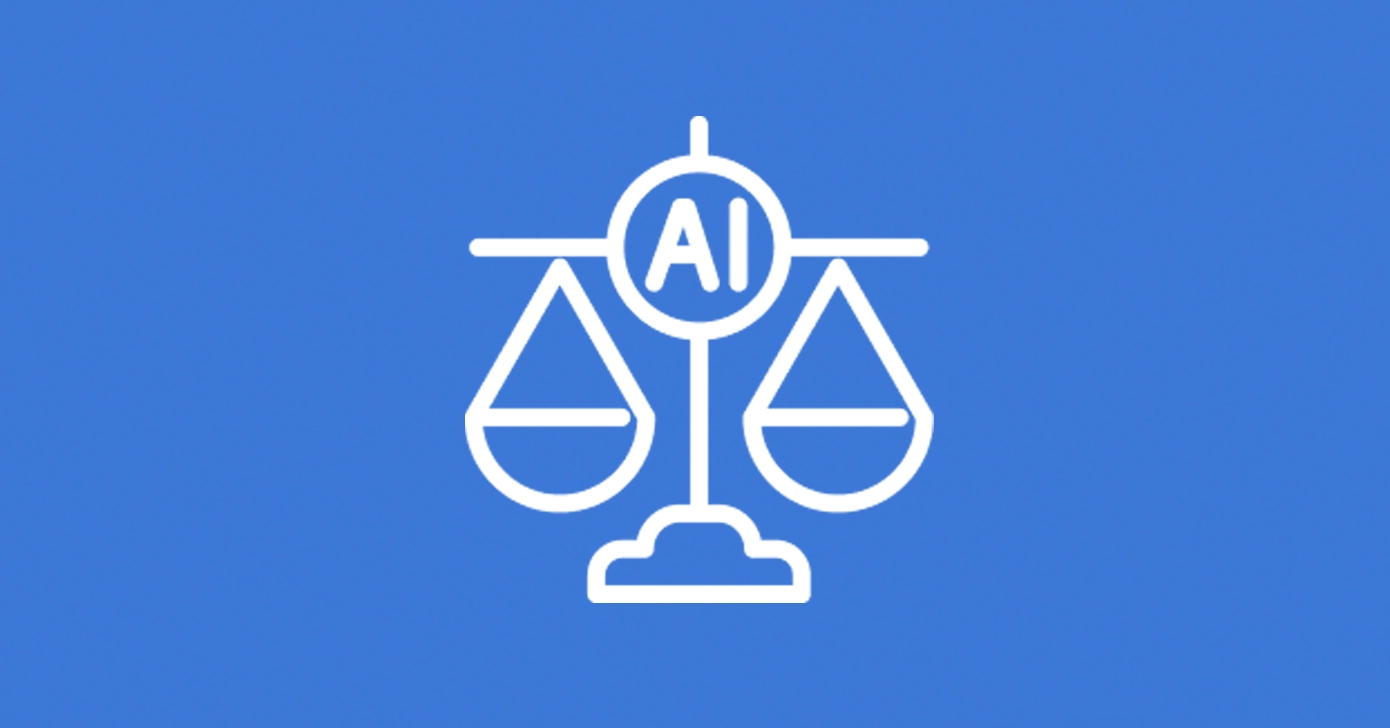
Trust
Agent work is safeguarded by instructional, procedural, and data/API guardrails, along with content sanitization, ensuring enterprise-level trust.

Scale
Agents are reliable performers, adapting to changing workloads using the elastic scaling and low latency of Manhattan Active Platform and leading large language models.
Pre-built AI agents
Manhattan Active Base Agents are trained with essential supply chain and commerce skills and equipped with powerful tools to make accurate decisions and performing tasks autonomously. A rapidly deployable Agentic AI workforce from Manhattan is primed to elevate your outcomes and experiences.
Supply Chain
Labor Agent
Employee-level performance, utilization, status, gap time and tardiness insights. Instantly identify resources needed to catch up, assess excess labor available and re-allocate.
Supply Chain
Wave Agent
Instantly research wave-related issues like short inventory scenarios impacting fill rates. Identify de-selections and pinpoint impacted items and recommend resolution paths.
Commerce
Store Agent
Instant insights into sales, product performance, customer behavior, and returns. Visibility into store receiving, fulfillment, and operational performance.
Commerce
CSR Agent
Instant order status insights like tracking numbers or cancel explanations. Offer promotion and product recommendations. Answer inquiries about SOPs, customer FAQs, orders, shipments, or returns.
Create custom AI agents with Manhattan Agent Foundry
Build and deploy AI agents to automate supply chain commerce processes, including any extension you create with Manhattan ProActive.
Frequently Asked Questions
Artificial intelligence is rapidly advancing, and one of its most promising frontiers is agentic AI.
Manhattan Active Agents possess the ability to reason, plan, and take the initiative to achieve defined goals autonomously. They can analyze complex problems and environments, adapt to changing circumstances, and collaborate with other agents, systems, and humans. Their expertise and capabilities unlock new levels of operational innovation and efficiency.
Manhattan is at the forefront of innovation and usage of agentic AI in supply chain commerce, helping our customers improve decision accuracy and enhance performance possibilities.
Manhattan understands that customers are seeking clear methods to assess the value of agentic AI, comparing the performance outcomes of supply chain commerce processes before and after deploying an AI agent.
Transparency features, such as logging every decision made by an agent and explaining the underlying logic, help organizations understand and trust results.
Over time, use cases involving agents are expected to enable faster decision-making and reduce costly errors, yielding productivity gains up to 60 percent.
Customers do not have to wait for Manhattan to deliver AI agent innovation. Manhattan Agent Foundry, included with every Manhattan Active solution, enables customers to build customer agents. With Agent Foundry, a customer can express a business requirement in plain language—such as asking an agent to check load utilization during planning, and the application will automatically suggest relevant pre-built agents from Manhattan’s library to create a new agent.
More advanced users and developers can take it a step further by creating agents from scratch, including integrating various APIs from the Manhattan Active Platform or other data sources and defining multi-step workflows. This dual-path approach offers both user-friendly simplicity and developer-level control, allowing Manhattan customers to innovate at their own pace.
Manhattan Active Agents use an advanced reasoning engine to respond to questions, make informed decisions, and perform actions. This reasoning engine incorporates retrieval-augmented generation (RAG) and grounding, which enhances the knowledge of large language models (LLMs) with enterprise-specific data, ensuring that agent responses are based on relevant datasets. Grounding verifies LLM outputs against reliable data sources, such as information obtained from Manhattan Active solutions. This method ensures that Manhattan Active Agents provide accurate, contextual, and trustworthy answers, avoiding generic responses or hallucinations—answers that may seem plausible but are actually incorrect.
Manhattan Active solutions are infused with AI agents to increase productivity and improve customer experiences for modern organizations. AI agents can be deployed to enhance critical supply chain commerce processes like Warehouse Management, Transportation Management, and Order Management.
AI agents bring insight, recommendations, and automated execution to expertly assist your teams and customers. They augment the logic and data of Manhattan Active solutions using tools like microservices APIs, ensuring smooth interaction, consistent execution, and enterprise-grade performance.
AI agents are autonomous, goal-oriented applications that can learn, make decisions, and execute multi-step actions using various tools and systems. In contrast, chatbots are primarily conversational programs that rely on pre-defined scripts or decision trees to answer questions and perform simple, pre-defined tasks.
Unlimited agent-to-agent connections
Every Manhattan Active Agent supports A2A and MCP protocols for easy connections to other agents in your ecosystem. They can also be published to Google Agentspace as well.

Realize the benefits of a unified platform
Learn more about how Manhattan Active Platform and AI Agents can unify your supply chain commerce operations.

